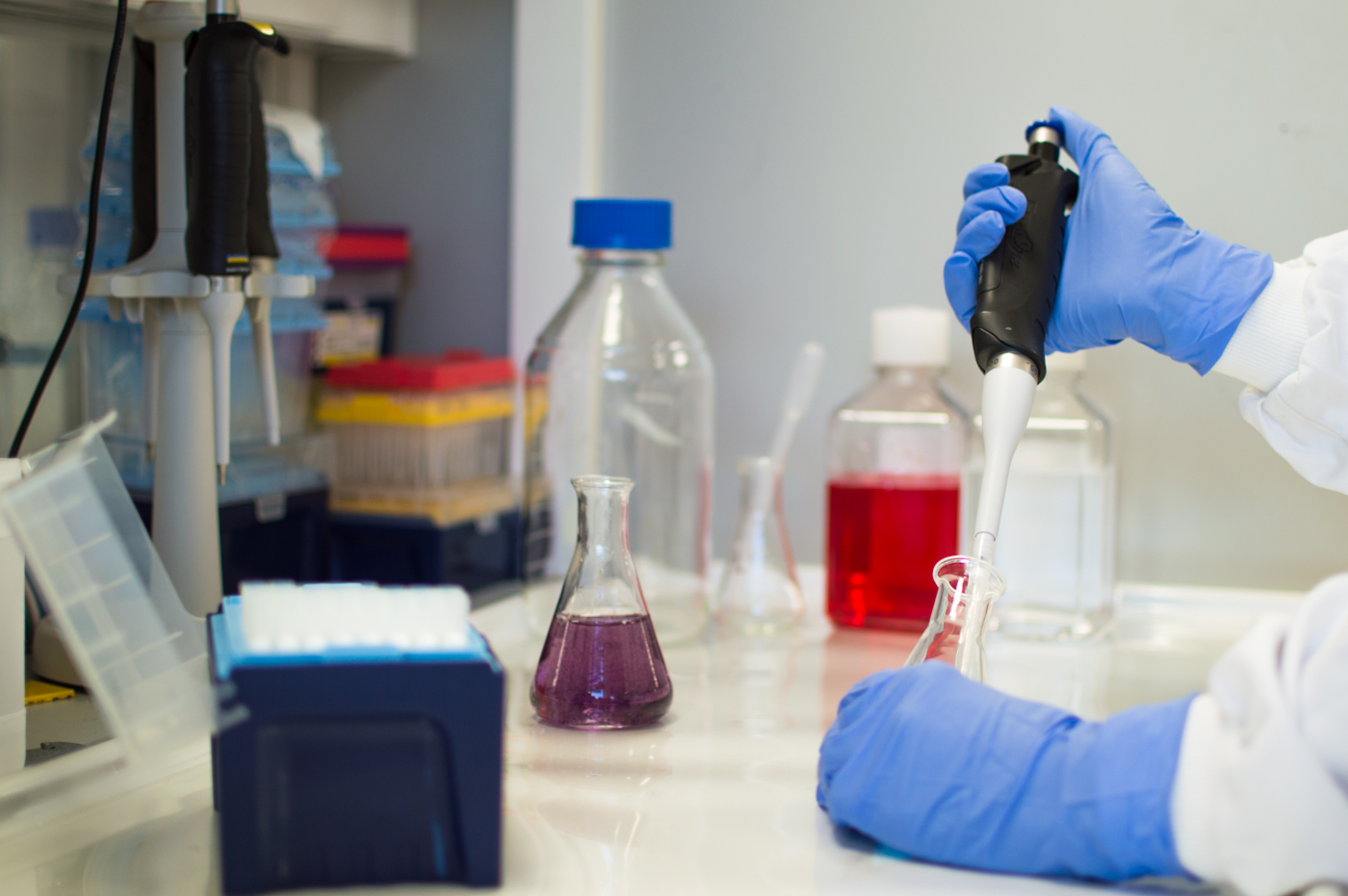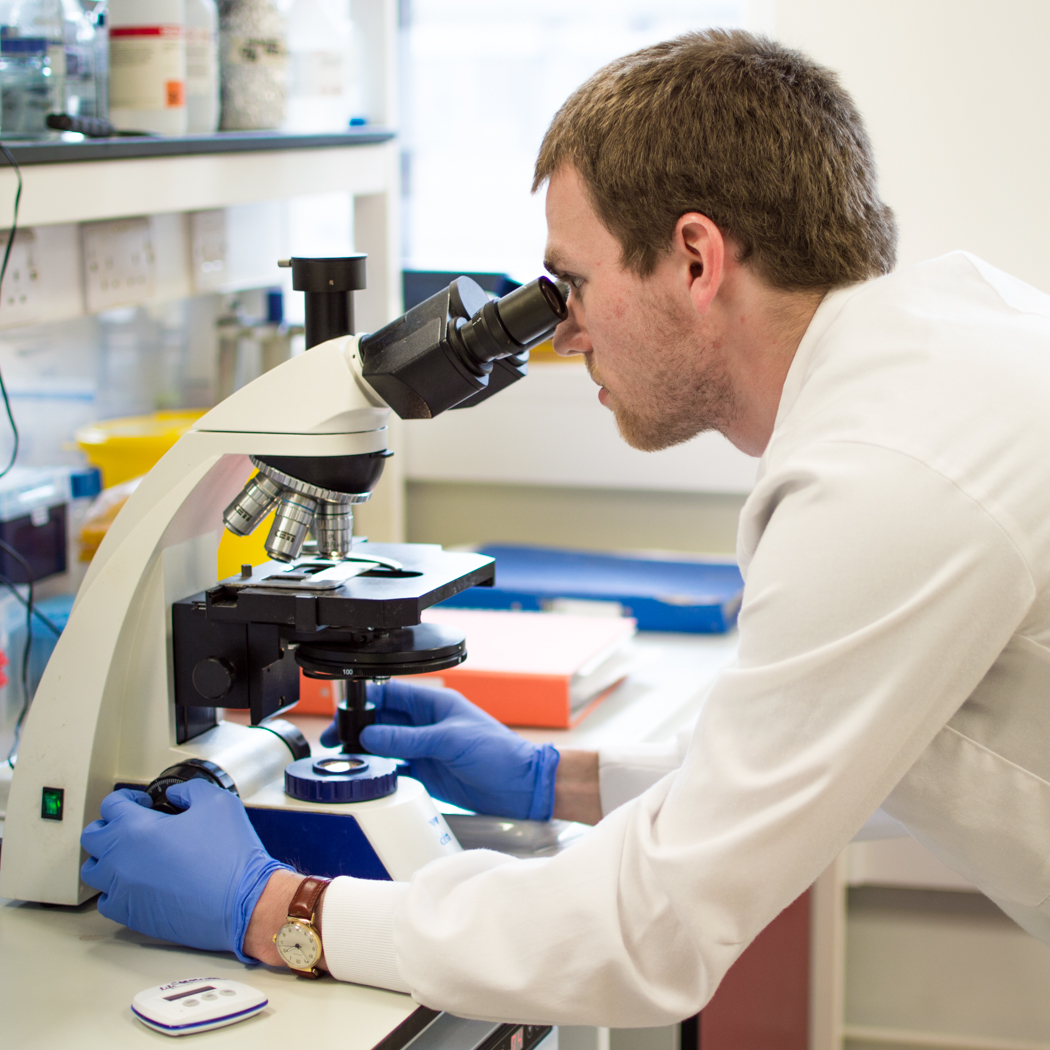Cancer Research
Cancer Research

Neutrophils as Therapy Targets in Liver Cancer
Hepatocellular carcinoma (HCC) is one of the major causes of cancer-related deaths. The NFRG made the important discovery that the neutrophils, a specialised immune cell, stimulates HCC in the diseased liver.
This new knowledge led to CRUK funding of a programme grant in collaboration with the Beatson CRUK Institute in Glasgow to discover exactly how neutrophils promote cancer growth in the liver. Our expectation is to lay the groundwork for new therapies for prevention and treatment of HCC.
Manipulating NF-kappaB in Inflammation and Cancer
Chronic inflammation underpins the development of at least 20% of human cancers. The transcription factor NF-kappaB is a master controller of inflammation. The NFRG discovered that the p50 subunit of NF-kappaB is a tumour suppressor cancer that dampens the expression of cancer-promoting inflammatory genes.
We are now engaged in detailed molecular investigations aimed at understanding how the activities of p50 can be manipulated to bring about therapeutic inhibition of inflammation and cancer.

Our Major Publications on cancer research
NFκB1 is a suppressor of neutrophil-driven hepatocellular carcinoma View >
Chronic inflammation induces telomere dysfunction and accelerates ageing in mice View >
The NF-κB p50:p50:HDAC-1 repressor complex orchestrates transcriptional inhibition of multiple pro-inflammatory genes View >
A TLR2/S100A9/CXCL-2 signaling network is necessary for neutrophil recruitment in acute and chronic liver injury in the mouse View >
